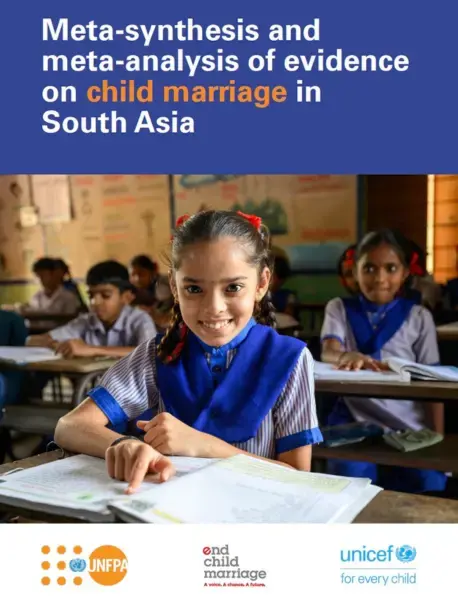This study highlights effective strategies to prevent child marriage in South Asia, offering insights to inform programming and advocacy. It emphasizes shifting the focus from mere school attendance to improving girls' academic achievement, skill acquisition, and preparation for economic opportunities, which more effectively delays child marriage. Income and economic strengthening interventions emerge as critical strategies to prevent child marriage by increasing girls' human capital, providing financial literacy, vocational skills, and creating pathways to economic opportunities. Addressing harmful social norms through multi-faceted, community-driven approaches is essential to tackling deep-rooted gender norms. Moreover, adolescent empowerment initiatives that integrate sexual and reproductive health strengthen girls' agency and decision-making about marriage and their future. The study underscores the need for robust laws complemented by strong accountability mechanisms and enforcement. Tailoring interventions and investing in data generation are vital for sustained impact.
What we do
Meta-synthesis and meta-analysis of evidence on child marriage in South Asia

Publisher
UNFPA
Number of pages
114
Author
UNICEF ROSA and Coram International
Publication
Meta-synthesis and meta-analysis of evidence on child marriage in South Asia
Publication date
18 December 2024
Latest
Remote video URL



